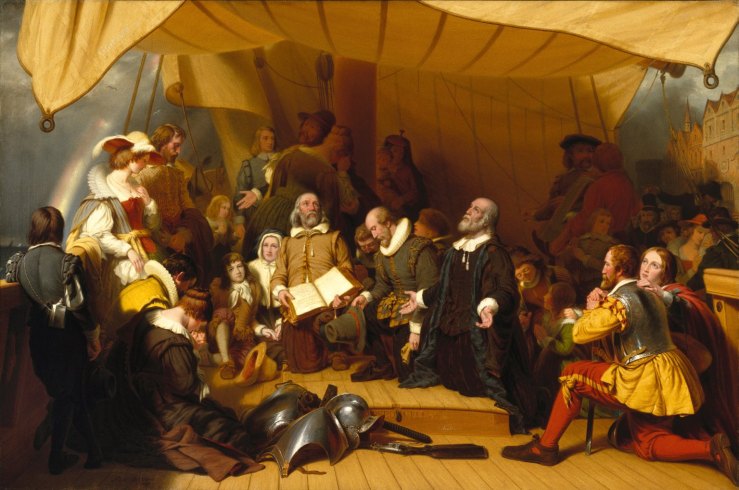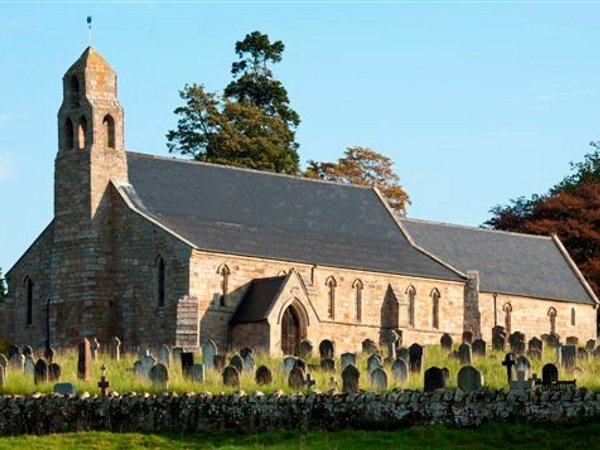
When the Puritans landed on Plymouth Rock (I.e. the “Pilgrims”) they were seeking something thing – freedom to worship. But not just the idea of freedom to worship as is commonly understood; but to worship God rightly. They could not do this in England. even though the Church of England was a product of the Reformation (and politics between the King and Pope) it still needed reforming. The Puritans wanted the Church to continue to follow in the footsteps of the Reformers such as Luther, Calvin, and Zwingli, and get back to the Gospel.
When they felt this was not going to happen in the Church of England, they left so they could worship God rightly; as He has commanded as to worship Him. So yes, it was freedom of worship, but not a liberal worship-however-you-want; it was a freedom to obey God rather than man.
This is a great parallel to our experience in salvation. We do not have freedom of will until we are made alive by God. Romans 6 tells us that we are slaves to sin. It is only when we have been given the heart of flesh, and not stone, that we are free to worship Him in Spirit and in truth, and with thankfulness. But again, as Romans 6 warns us, it is not a freedom to do whatever we want; it is a freedom to obey God as He has commanded us.
We should not balk at that word command either. God’s commands are not edicts of a totalitarian dictator, they are love. The Psalmist says “Oh how I love thy law; it is my meditation all the day.” (Psalm 119:97). God’s laws are life and He gives us them because He loves us who are His creation.
And something that sets the Christian apart from the unbelieving person is that we have someone to give thanks too, because we know that “Every good gift and every perfect gift is from above, coming down from the Father of lights, with whom there is no variation or shadow due to change.” (James 1:17)
To truly be able to give thanks for every blessing and person in your life, you must know whom those blessings come from. You may be thankful for things in your life..but where is that thankfulness aimed? If someone gives you a gift, you are thankful for that gift but it is directed toward the person who gave you that gift.
That doesn’t mean unbelievers aren’t thankful, they just do not realize and are not acknowledging from whom those things came from. They are not able to truly worship with thanksgiving. They are missing the true meaning and depth that Thanksgiving means and brings.
The Puritans knew this truth, they risked their lives for this truth. So this Thanksgiving Day think of your freedom to worship, but to worship God rightly and how He has asked us to worship Him, and with thanksgiving; because only in this freedom to worship rightly, of which thanksgiving is foundational, is true spiritual life and communion with God able to be achieved.




